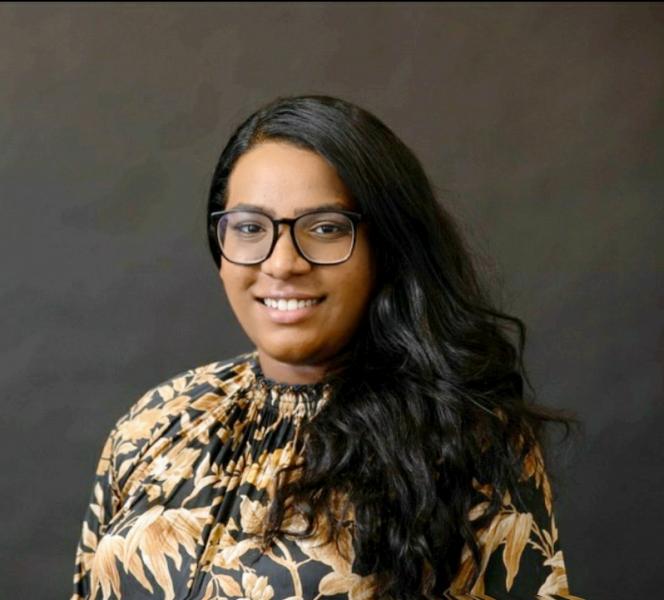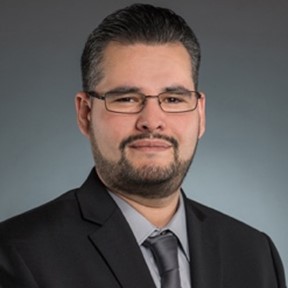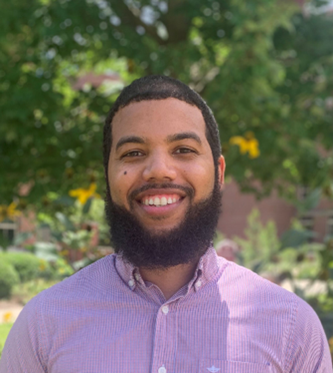American Psychological Association Division 50
How can and should Division 50 continue to promote the representation of underrepresented groups and to amplify underrepresented voices in addiction psychology?

Seema Clifasefi, PhD
University of Washington
The Division 50 DEI committee works to create spaces where underrepresented members feel seen, heard, supported, and valued. We aim to center the voices of our members who identify as being from underrepresented groups and lead with those perspectives. Initiatives like the mentoring program, the student recognition award for equity and social justice, and an upcoming special podcast series related to DEI issues impacting the field of addiction psychology, are examples of how we are trying to adhere to our values and promote and sustain representation in Division 50.

Verlin Joseph, PhD
University of New Mexico
A videographic spotlight series highlighting career paths of underrepresented researchers has the potential to promote representation in addiction psychology. Brief videos detailing personal anecdotes and current research projects will both amplify voices and encourage members from underrepresented groups to pursue careers in addiction psychology and promote diversity within Division 50.

Aradhana Srinagesh, MPH, CHES
University of Rhode Island
Addressing institutional racism and advancing racial justice in education and training should be at the forefront for Division 50. To ensure it remains a key pathway, deliberate systems to increase admission, enrollment, retention, and social mobility in the higher education pipeline are needed. Support grassroots efforts like Psychin' Out (@PsychinOut)!

Kevin Montes, PhD
California State University, Dominguez Hills
An additional avenue to explore could be asking underrepresented undergraduate/graduate students about their predictions regarding future trends in addiction psychology. For example, what is going to be the new substance or method of use that may be associated with higher rates of substance use (e.g., e-cigarette use)?

Keanan Joyner, MS
Florida State University
With increased attention towards issues of injustice and equity within and outside the academy over the past year, particularly concerning Black Americans, I want to encourage us to prioritize systemic and collective, rather than individual, changes at our institutions that increase access for a more equitable field of psychological science.

Resources are available for those struggling with addiction and numerous effective treatments exist. Whether you are looking for help for yourself or a loved one, we encourage you to seek out help.